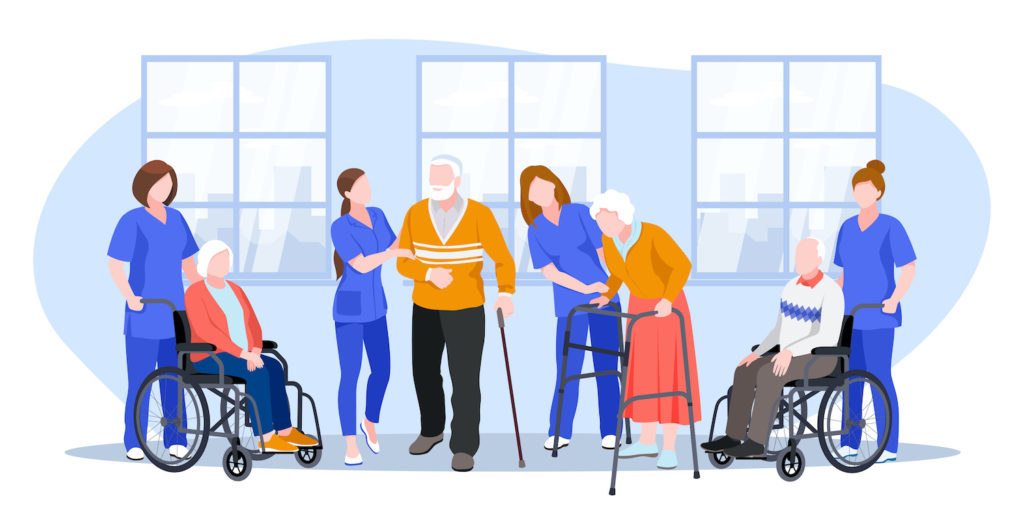Family Members Still the Unpaid Mainstay of the Elderly, Disabled & Ill
The observance of National Family Caregivers Month (NFCM) is celebrated every November in the US, a month to honor and acknowledge family caregivers in the entire country. It is led by Caregiver Action Network (CAN), a not-for-profit association that rallies support, as well as free education and other resources, including a media kit, posters, sample proclamations, support hashtags, etc. And, of course, the theme, which is #CaregiverAnd this year (yet another organization has themed this year’s month as “Caregiving Around The Clock”). CAN was instrumental in launching this initiative in 1994 and in having President Clinton issue the first NFC Month Presidential Proclamation in 1997 to honor family caregivers.
Caregiving is extremely hard work, with most caregivers working at the same time and experiencing a range of conflicting responsibilities between the home and work. Although the current forces of the world often pit China against the US, and although it would be impossible to see such a law instated at home, there is something to learn from China’s 2013 custom-turned-into-law: Chinese adults are now obligated to visit their parents. Lest we forget the following truths and common stats surrounding caregiving:
- Most caregiving work is unpaid.
- Research indicates caregiving takes a major emotional, physical, and financial toll.
- Nearly half of all caregivers are over the age of 50.
- Many are vulnerable to declining health themselves, at least just being tired or extremely tired, which is no wonder if you are juggling work and caregiving. Almost 70% report that they don’t have time to see a doctor regularly themselves given their mounting responsibilities.
- Over half of all caregivers are women.
- Children too. Over 1 million Americans 8 to 18 years in age take care of an adult relative daily.
But not everything is grim or bad news. We should also acknowledge that 2015 marked a golden milestone, when both Medicare and Medicaid hit 50 years of financial and medical support to the elderly. In kind, several studies show that coordinated support services minimize caregiver depression, anxiety, and stress. In turn, this enables them to provide care longer and/or delays the ultimate need for costly institutional care, which also brings with it further detachment from loved ones.
In order to support this initiative, you may attend one of the many caregiving workshops or conferences at hand. You can also download a caregiving toolkit, which covers mental health as part of the package. You can go online to read and inform yourself of the many programs addressing this issue. You may consult some of the self-care and advocacy resources and tips, many of which insist on three basic elements if you are a caregiver: take naps often, check yourself for depression, and use the many resources at hand to learn how to cope in a variety of scenarios.
These are some of the hashtags that you may try out first:
- #CaregiverAnd (CAN’s official tag)
- #RAISEcaregiving (ACL’s official tag for RAISE activities)
- #NFCMonth (Annual observance hashtag)
- #FamilyCaregiver (A larger conversation)
- #Caregivers (The broadest conversation)
Sources:
https://acl.gov/news-and-events/downloads-and-multimedia/NFCM
https://www.census.gov/newsroom/stories/family-caregivers-month.html
https://nationaltoday.com/national-family-caregivers-month/


